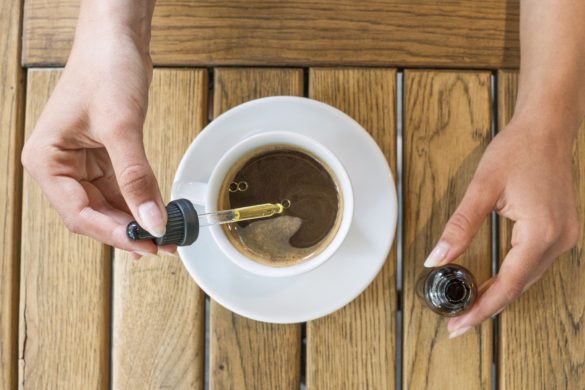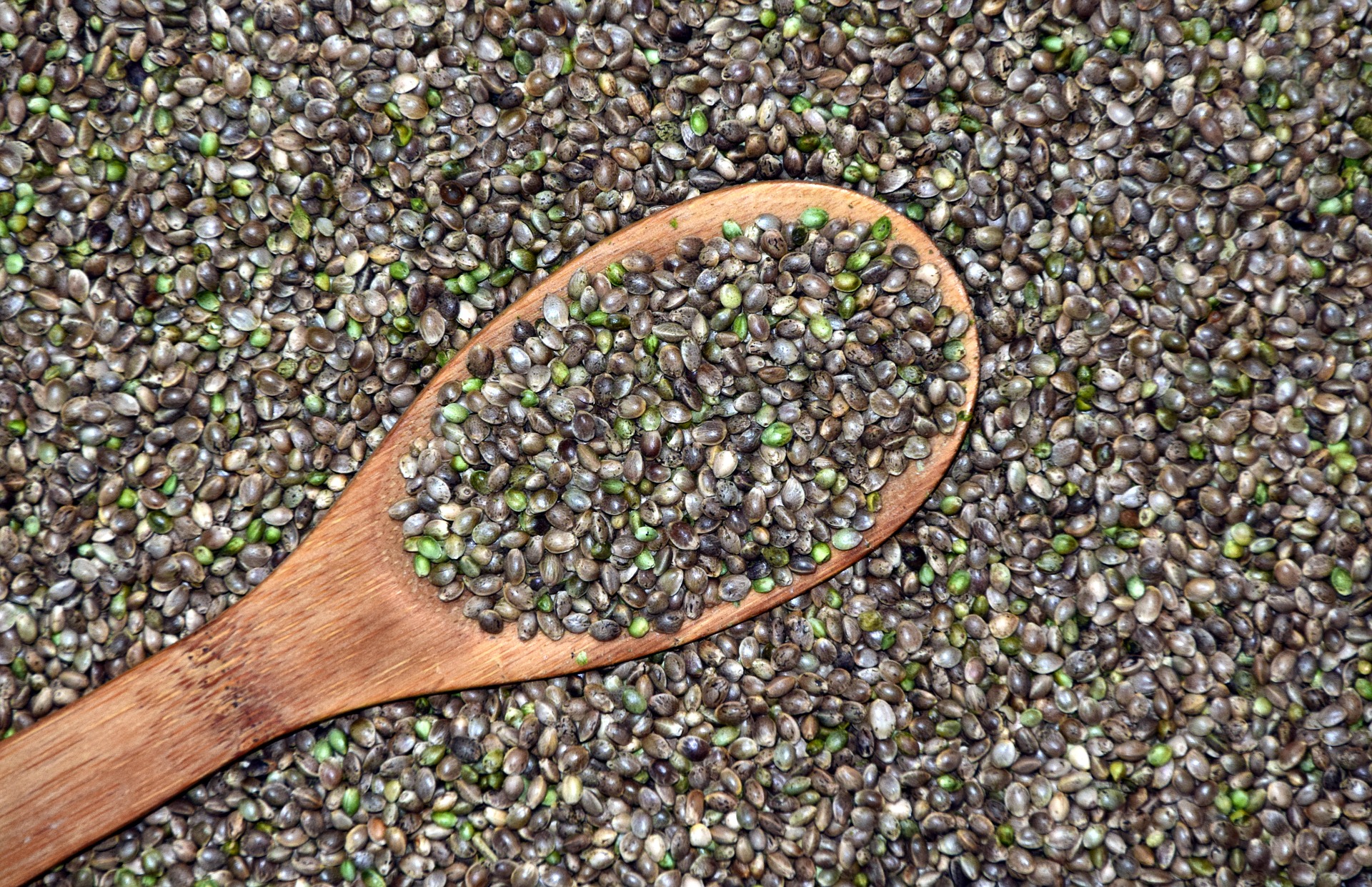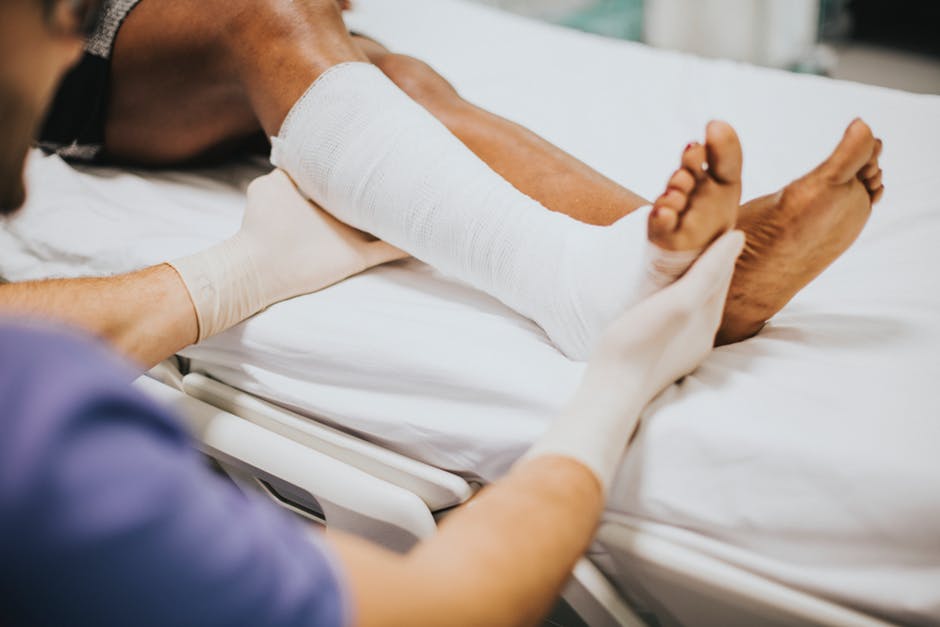
The good news is that medical and recreational marijuana is turning up legal in almost every state. The not so good news is that not all doctors are up to speed with the information regarding the plant’s therapeutic profile and benefits. This can make getting a marijuana prescription harder than most people realize.
Regulations on medical marijuana are especially more stringent in states where recreational marijuana isn’t legal. Your state may not even have medical marijuana doctors just yet.
Not to worry, there are ways to approach your doctor for a medical marijuana prescription. Keep reading to learn more about how to get your doctor to sign off on medical marijuana—and how to get a medical card.
How to Get a Marijuana Prescription
First and foremost, it’s important to understand that marijuana is illegal at the federal level. What this means is that you can’t actually get a “medical marijuana prescription”. What you can get, however, is a written recommendation from your doctor to take to the dispensary with you. From there, the green experts will be your guide.
Medical marijuana is being used to treat a wide range of conditions. For one example, medical marijuana for MS (Multiple Sclerosis) has had tremendous success. It’s also a much better alternative to prescription pharmaceuticals that comes with some pretty nasty side effects.
Of course, you don’t have to suffer from a nerve degenerative disease to be deserving of a little THC. You do, however, have to meet the qualifications set by your state, find a knowledgeable doctor who supports the use of medical marijuana and get your medical marijuana (MMJ) card.
Meeting the Qualifications
Meeting the qualifications for a “marijuana prescription” varies in difficulty. Medical marijuana is currently legal in 40 states, but, not always on a large scale. Some states only allow a medical marijuana prescription for serious conditions such as cancer or epilepsy.
So, the first thing you want to do is check out your state’s qualifying conditions and regulations. As of right now, the most common qualifying conditions for medical marijuana include, but are not limited to:
- ADD/ADHD
- HIV/AIDS
- Anorexia
- Arthritis
- Cachexia (Wasting Syndrome)
- Cancer and cancer treatment
- Chronic pain and inflammation
- Epilepsy and seizures
- Glaucoma
- PTSD
You’re probably wondering—what about anxiety, depression, and insomnia? While these are some of the most common conditions that people seek out marijuana for in general, their diagnosis is ambiguous at best. This is due to the fact that they cannot be physically measured by blood tests, urine samples, etc.
It’s much more likely that for ambiguous conditions, patients will be recommended CBD rather than THC. This is because CBD is a non-psychoactive phytocannabinoid with a long list of therapeutic and pharmacological benefits. While THC is beneficial, due to its psychoactive nature, it can intensify feelings of anxiety and result in psychosis if an individual’s condition is severe.
So, depending on the state you live in, it may be difficult to coax your doctor into writing you a recommendation if you come down with a sudden case of anxiety. However, if you have a documented history of being treated for anxiety, you may have some luck if your prior treatments haven’t been beneficial.
Approaching Your Doctor
The most important thing to keep in mind is that your doctor may not be up to date with the latest research on medical marijuana and all its benefits. It should also be noted that not all doctors will be open-minded to this new phenomenon of natural healthcare. That doesn’t mean you shouldn’t start a conversation with them.
Here are a few tips on breaking the medical marijuana ice with your doctor:
- First, make a wellness appointment
- Come prepared with your own research. This should include clinical research on the Endocannabinoid System (ECS), medical marijuana trials, and any supplementary materials on THC as a treatment.
- Ask your doctor what he or she knows about medical marijuana and what they think. They may have done some research on their own, attended workshops and seminars, or have been through recent training on the subject. If they don’t know much about it, you can give them your research to look over.
- Talk to them about switching over to medical marijuana in place of your current prescriptions or starting a new wellness regimen with it. Don’t be afraid of sounding like a “stoner” just because they may not have the acquired knowledge about the plant just yet.
If your doctor refuses to get with the times, don’t worry. You can find other physicians in your area that are knowledgable and supportive of marijuana as an alternative treatment for medical conditions.
It’s also important to be prepared with an understanding of the different strains of medical marijuana and different products out there. Knowing how the different strains affect the body will help your doctor write you that “marijuana prescription” suitable for your condition.
Getting Your MMJ Card
Lastly, you can’t get medical marijuana without a medical marijuana card. To get your hands on an MMJ card, your approving physician has to enter you into a national medical marijuana database. This database was created to ensure that each state, dispensary, doctor, and patient is meeting their legal obligations.
The database also keeps track of your status, so you and your doctor will be alerted when it’s time to renew your MMJ card.
Upon approval from your doctor, you can fill out an MMJ application to admit for your state’s approval. In some states, all you need to make a dispensary purchase is your doctor’s written recommendation. However, these are few and far between.
You’ll submit this application with your doctor’s written recommendation and proof of residency and ID to the health services department within or state. In some states, your doctor submits the application for you. Both means of submission require a fee.
Once submitted, the state will review all of your information. Once your MMJ card has been processed and officially mailed, you can legally purchase medical marijuana from a dispensary.
Is Medical Marijuana Right For You?
The only way to get your hands on a “medical marijuana prescription” is to speak with your doctor. Or, find a doctor who is knowledgable and supportive of medical marijuana. If your doctor and/or condition doesn’t fall favor to your state’s qualifications, you’ll just have to wait for recreational marijuana to become more widely legal.
For all the latest on medical marijuana, CBD, and vaping, keep up with us.








